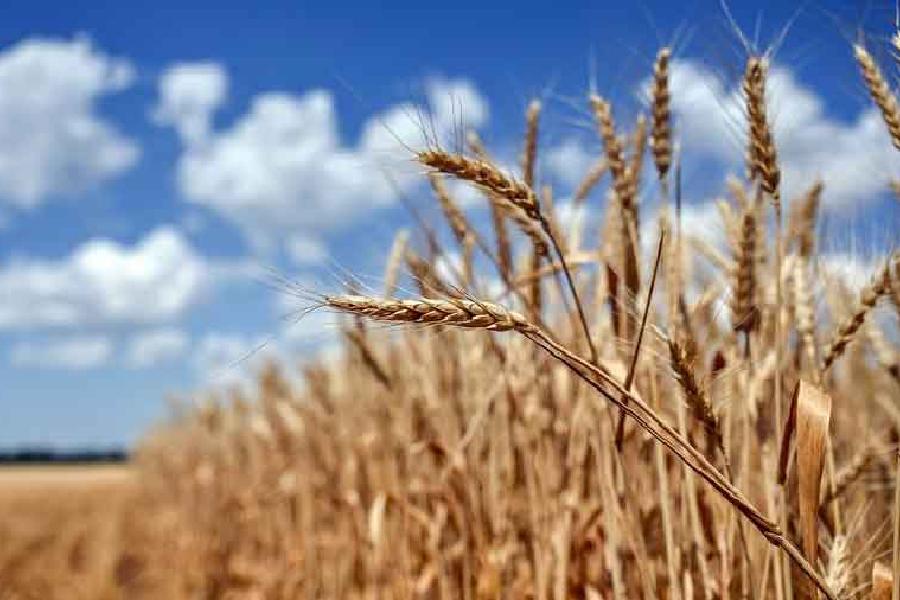Floods have damaged corn and rice crops in China’s key northern grain-producing belt, traders and analysts said, with more rain in the forecast as another typhoon approaches, threatening to add to global food inflation pressures.
The hit to China’s cereal crops — the full extent of which is not yet clear — comes as consumers worldwide face tightening food supplies amid India’s ban on rice exports last month and disruptions in Black Sea grain shipments caused by the war in Ukraine.
“The flooded area in the north will see some yield losses,” said a Singapore-based trader at a Chinese grain-trading company. “We will have a clear picture of the extent of damage after flood waters recede.”
Northern China, still grappling with swollen rivers and floodwaters caused by Typhoon Doksuri two weeks ago, could see further crop damage with tropical storm Khanun.
On Thursday, China’s northern Hebei province upgraded its emergency response to the highest level after last week’s record flooding in preparation for potentially damaging downpours from the new storm.
Initial estimates show 4 million to 5 million metric tonnes of corn, or about 2 per cent of the country’s output, have been affected by the floods, two trade sources said.
“We can’t confirm how much of that will be totally lost or damaged,” a second trader in Singapore said.
Corn prices on the Dalian Commodities Exchange fell 1.4 per cent to 2,759 yuan ($381.34) per tonne.
China’s agriculture ministry on Friday said floods due to Typhoon Doksuri were impacting some low-lying corn-producing areas in the northeast but it left the country’s 2023-24 corn output estimate unchanged at 282.34 million metric tonnes.
Floods are also likely to reduce rice output.
“Flood will indeed affect rice production in the northeast, and it may reduce rice production by 3 per cent to 5 per cent in flood-affected areas,” Ma Wenfeng, senior analyst at Beijing Orient Agribusiness Consultant, told Reuters.
Fitch Ratings on Friday said heavy rain in China’s grain-producing region was likely to put upward pressure on global rice prices. Rice prices have already climbed more than 20 per cent since India announced its ban on exports of non-basmati white rice.
China’s corn imports are expected to climb to an all-time high of 23 million metric tonnes in 2023-24, according to the US department of agriculture, up from 18 million tonnes a year ago, which is likely to mitigate the impact of flooding on supplies.
However, ample domestic rice inventories are expected to prevent China from buying larger volumes from the international market, analysts said.
The decline in rice production in China’s northeast is unlikely to result in larger imports as the country is largely self-sufficient, said Rosa Wang, an analyst at Shanghai-based JC Intelligence.
Reuters











